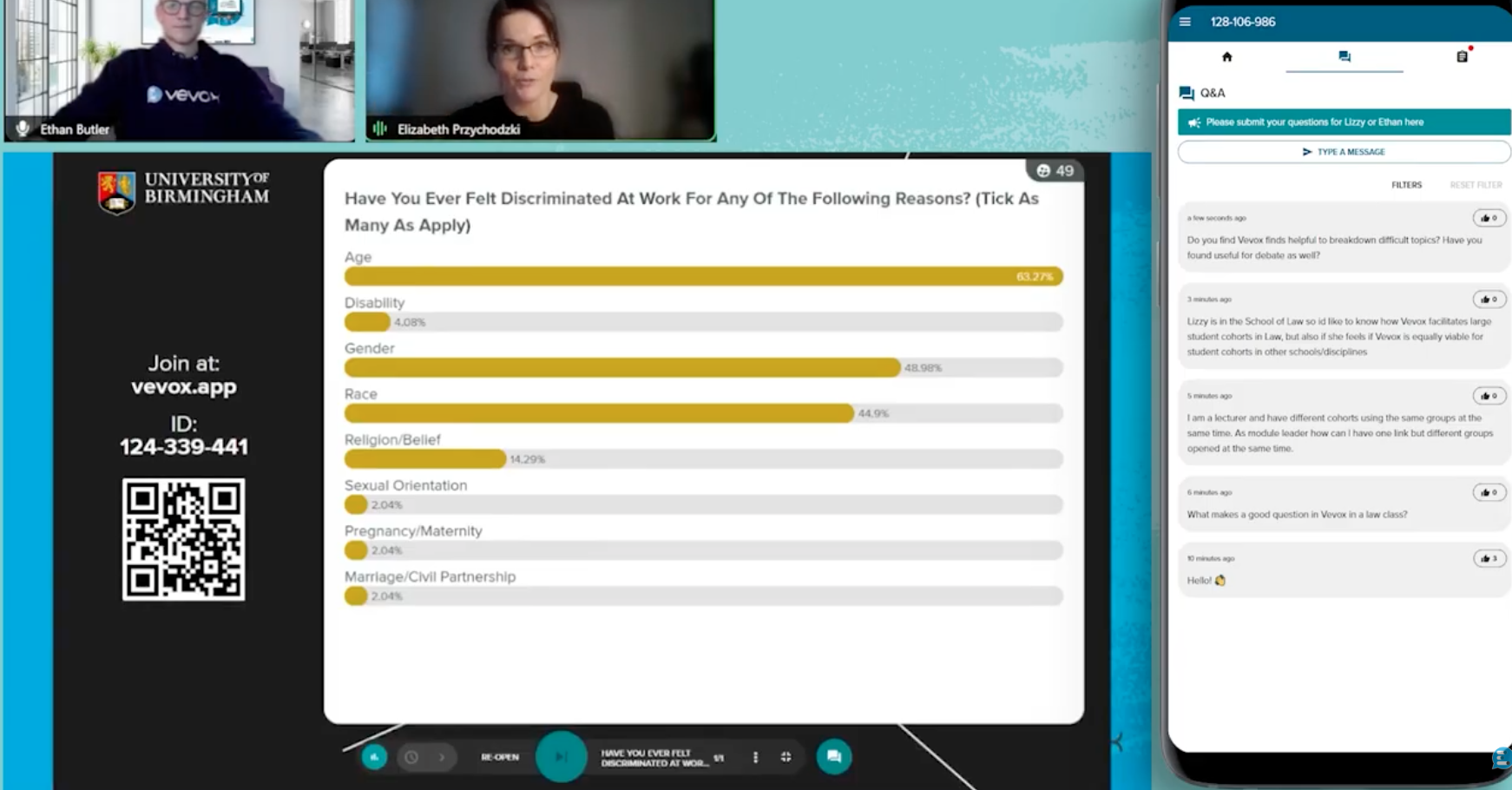In this blog, we'll look at three things you need to become an effective workplace leader: a clear vision, a good plan and the ability to be motivational in all scenarios.
1. Clear vision
The definition of a clear vision is having a picture of what you want to achieve, and how you’ll get there. A vision should be realistic however it’s vitally important it’s also inspiring, so that employees see the vision as something they really want to get behind and work towards. The vision is an aspirational statement that sets the direction for your team over the next year or two.
A good workplace leader has a strong sense of purpose and direction, which means they have a clear idea of what success looks like from their perspective - and they're able to communicate this effectively with others on their team, whether that is through words or actions.
2. Planning is key
A good plan is one that includes three vital components: what needs to be done, how it can be done and why it's important.
Creating a clear plan ensures that no matter what happens, you'll have a strategy for the business moving forward. If something unexpected comes up and throws off your initial plans, knowing where the next step is will help keep everyone focused on their tasks at hand rather than getting side-tracked by uncertainty or confusion.
3. Motivation
Motivation is the key to success. Motivation comes from within, so it's not something you can give to someone else. Motivated people are happier at work, produce better results and feel more fulfilled in their careers.
If you want your team members to be motivated, understand what motivates them personally; don't assume that everyone is motivated by the same thing!
For example, some people need recognition from their boss or colleagues; others thrive on challenging work tasks; while others may prefer flexibility over monetary rewards because they value family time above all else (and would rather work fewer hours at home than earn more money).
In conclusion, effective leaders know what to do, how to do it and why. They have a clear vision, good plans and motivation for their team members.
_1.png)



